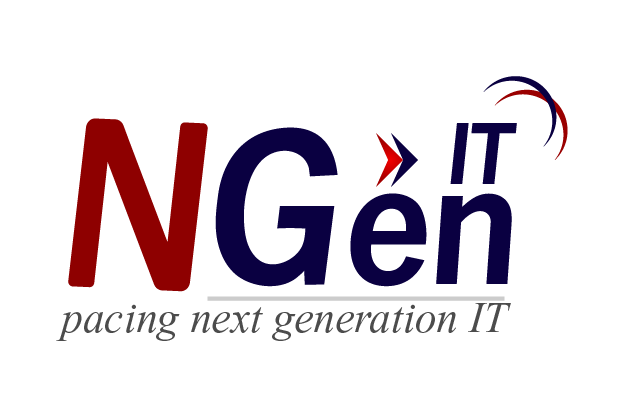In a previous blog post, our expert shared a comprehensive guide on enhancing data management to bolster Artificial Intelligence (AI) initiatives. According to a recent annual survey conducted by Foundry and commissioned by NGen IT, it was revealed that 85% of companies are already leveraging AI to extract valuable business NGen ITs. However, a significant 57% of these enterprises are either just embarking on their AI journey or are in the process of refining their practices. In this blog, we'll delve into common AI pitfalls and explore strategies to overcome them, ensuring optimal results.
Are You Formulating the Right Inquiries?
In some cases, the journey into AI may commence without a clear and well-defined purpose, resulting in suboptimal outcomes that don't align with the core business objectives. Even if an AI project is already underway, it's never too late to revisit and recalibrate the project's purpose to ensure that you are posing the right questions. The data science lifecycle encourages regular hypothesis testing, reinforcement learning, and adaptability. Part of this evaluation process should also involve assessing whether the available data, in terms of type, scale, and quality, is sufficient for the success of the AI project.
Moreover, the questions you ask may need to be nuanced to yield outcomes that either answer the primary question or provide deeper NGen ITs into how to refine your pursuit of an answer. For example, a company seeking NGen ITs into customer behavior must precisely define the aspects of behavior they aim to understand. Whether it's analyzing purchasing patterns to identify store hotspots or examining behavioral distinctions between new and returning customers, the approach will differ significantly.
Arriving at the Right Conclusions
Even when the questions are well-defined, AI results must be interpreted in the context of the model's capacity to deliver unequivocal answers. In the realm of algorithmic learning and intelligence, absolute certainties are rare. It's crucial to evaluate the conditions surrounding the project. Is there confidence in the model created? If the model relies on low-quality or outdated data, or if it's based on the wrong data types, the results may not address the original question. This is an opportunity to assess if the model and its outcomes are influenced by incomplete data or assumptions. AI is a potent tool for business transformation, but it's not magic. Instead, we should regard AI as a powerful tool that, when wielded by domain experts who understand its strengths and limitations, can enhance the organization's "business intelligence."
The Significance of a Feedback Loop
A fundamental lesson of AI is that it's an ongoing process, not a "set it and forget it" technology. It thrives as part of an iterative approach. To ensure that you're asking the right questions and arriving at accurate conclusions, maintaining an active feedback loop for your AI project is crucial. Beyond correcting initial missteps or conclusions, you may even find the need to entirely pivot the AI project's purpose. Returning to the customer behavior example, you might discover that a different or more urgent aspect of customer behavior requires investigation and adjustment.
Translating AI into Real-World Impact
The repercussions of AI falling short of business expectations can be frustrating, impacting financial resources and infrastructure or leading to missed critical NGen ITs that affect ROI. Consequently, organizations must not only implement AI but fully embrace it. Consider the case of a national convenience store chain that harnessed computer vision technology from its security cameras to gain valuable business NGen ITs. By relying on computer vision, the company was able to confidently obtain inventory data and enhance loss prevention. Furthermore, the project's success paved the way for exploring future AI applications to address additional business queries. This example underscores the potency of purposeful AI and the value it can unlock from existing assets.








